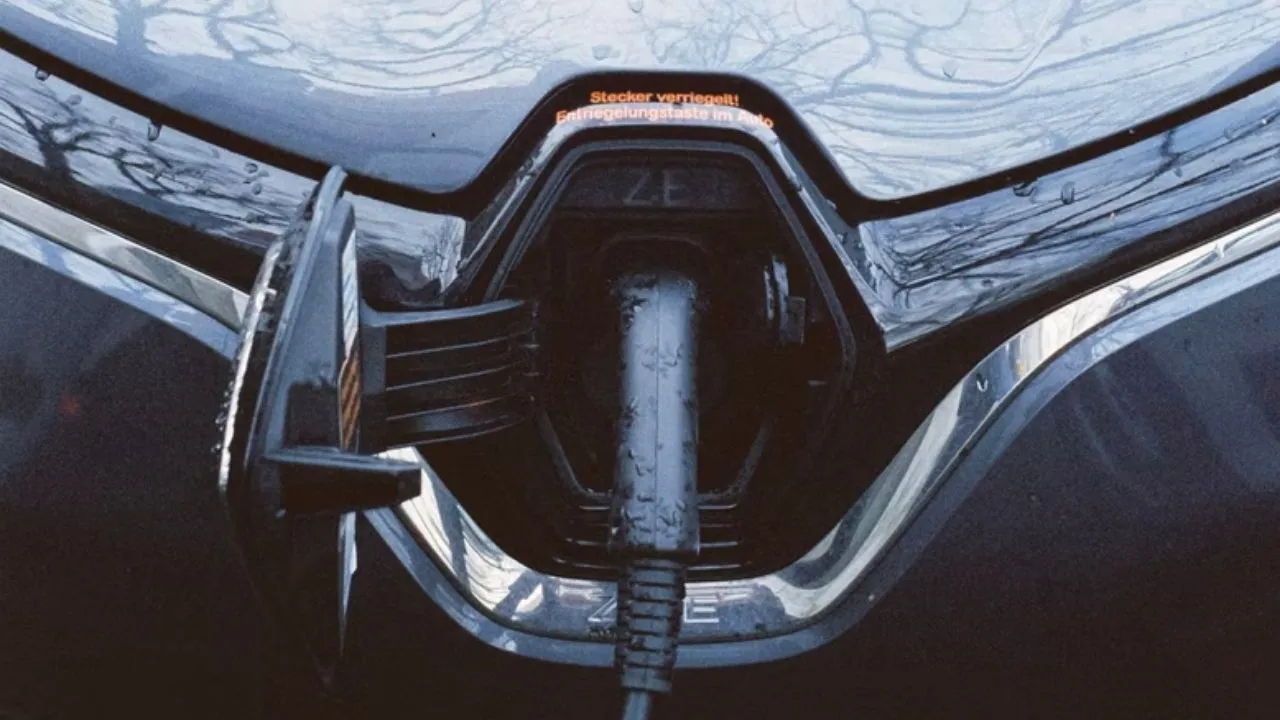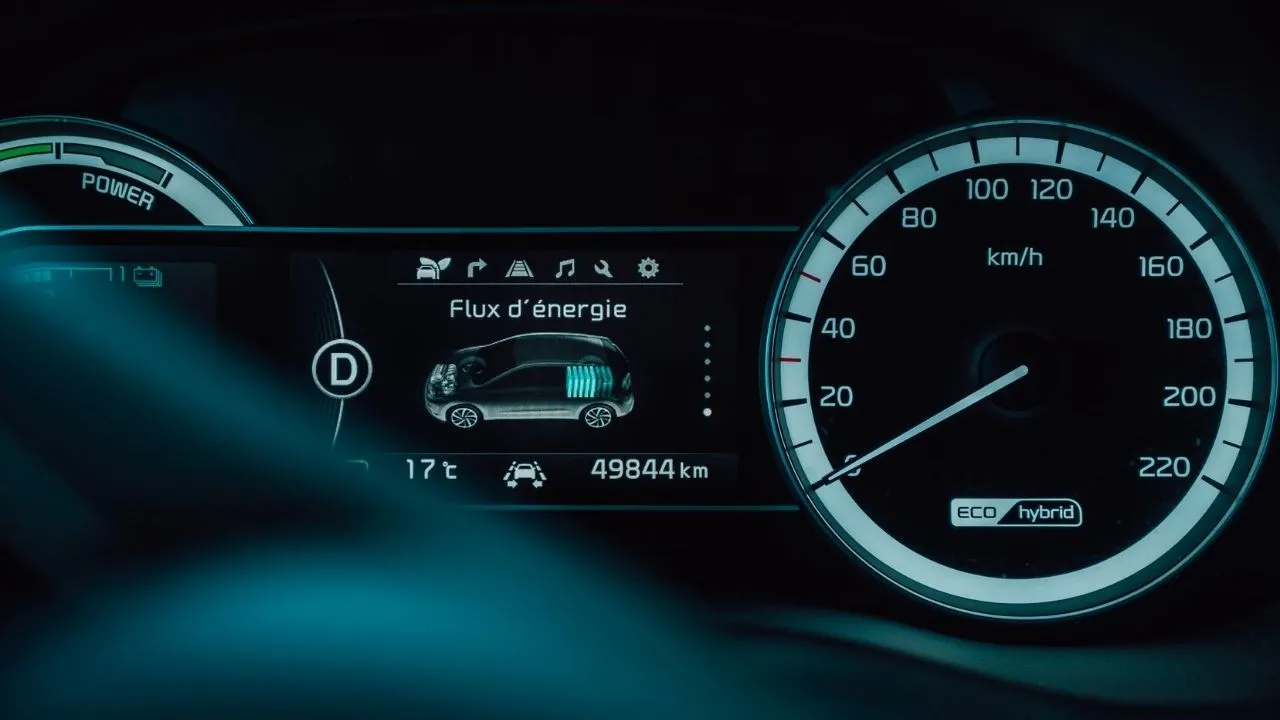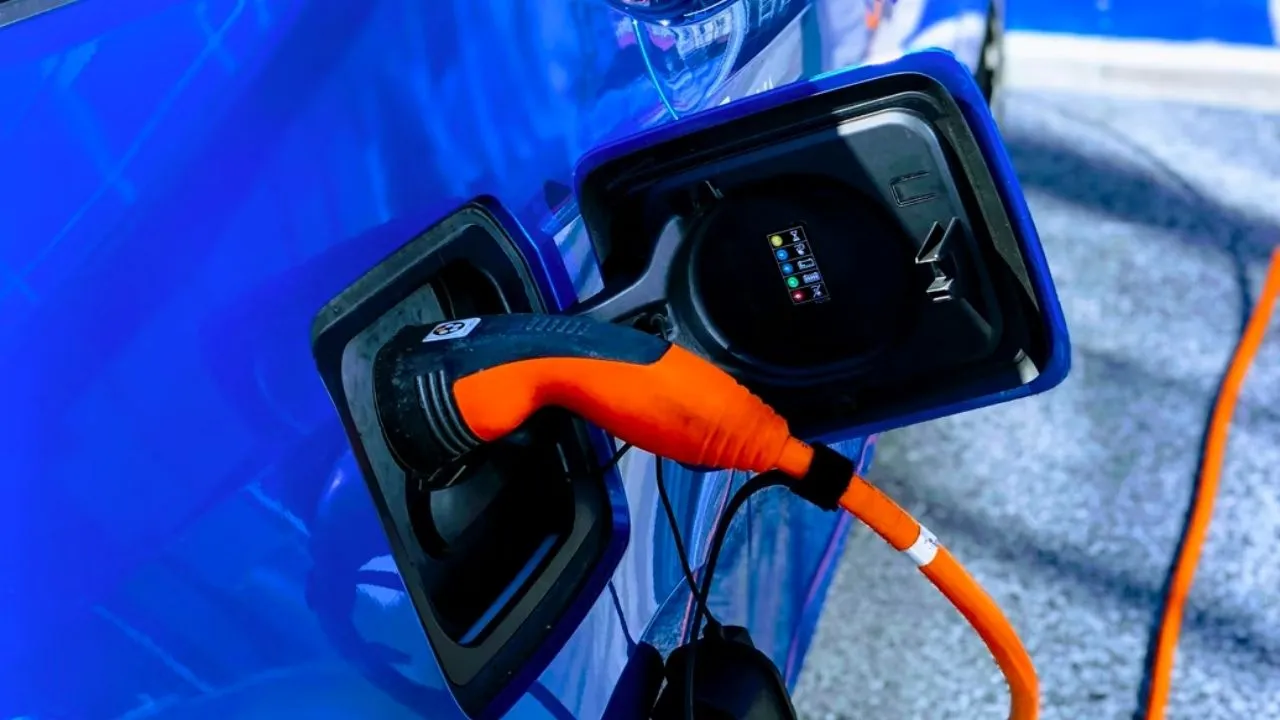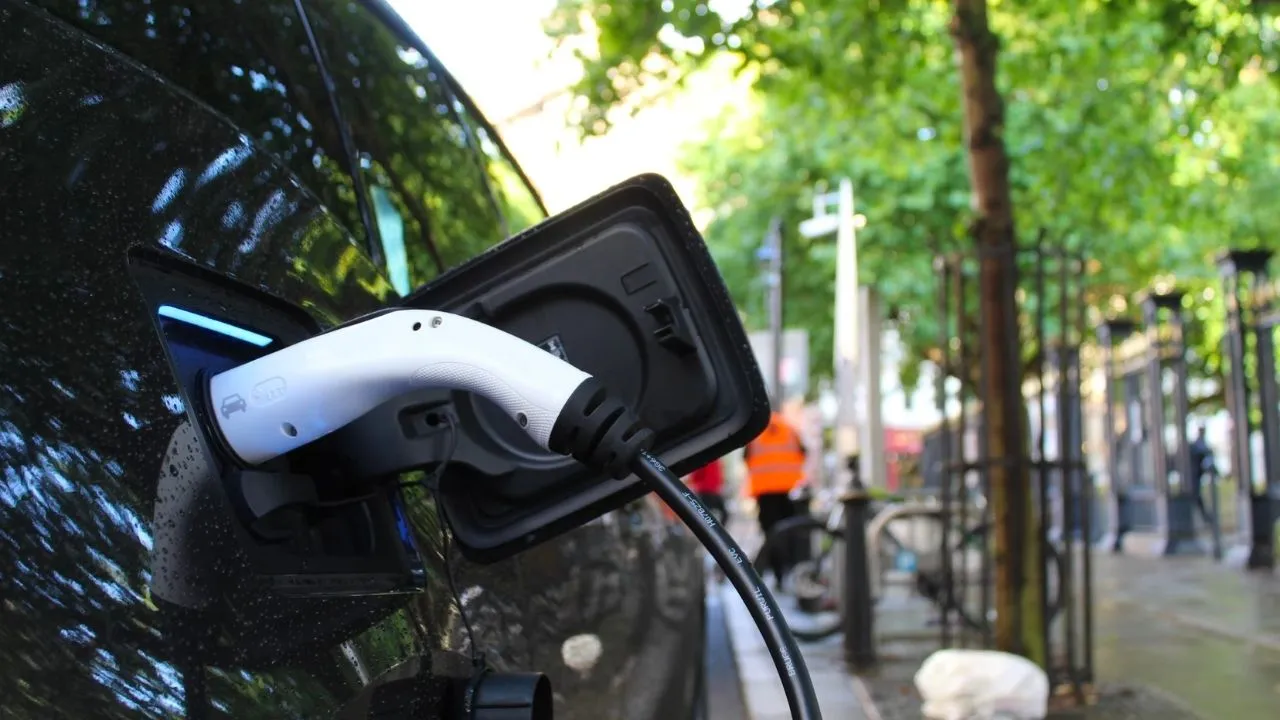Electric cars are becoming increasingly popular, with many people looking to switch from traditional fuel-powered vehicles. However, electric vehicle batteries also have environmental impacts. Although they have several environmental benefits over traditional gasoline and diesel cars, they also have disadvantages. This article will discuss the environmental impacts of electric vehicle batteries.
Why Are Electric Cars Good?
When it comes to the environment, electric cars are great. They have zero emissions, which is a significant advantage over other vehicles. Additionally, electric car batteries require less energy to be produced, leading to lower emissions levels overall.
Electric cars are good for the environment because they have few environmental impacts. Electric cars also have other environmental benefits. For example, they’re much less wasteful than traditional fuel-powered cars. When you drive a gasoline or diesel car, you’re using resources that could be used for other things.
Electric cars rely on batteries, and these batteries can be recycled. Recycling electric car batteries help reduce the amount of waste that is created. In addition, electric cars don’t produce emissions from engines, so they are suitable for air quality. It’s also good for the environment to have less pollution.

Why Are Electric Cars Bad?
Electric cars are bad for the environment because they require a lot of energy to power them. In addition, the battery in an electric car takes a long time to recharge, which means that the car has to be plugged in. This isn’t good for the environment because electric cars use more energy than cars that use gas.
Electric cars also produce more pollution than gas cars because they need more electricity to run. The pollution from electric cars can damage the environment and human health. Electric car batteries can also be ecotoxic if they are disposed of improperly.
What Are The Environmental Impacts of Electric Vehicle Battery?
The first environmental impact of electric vehicle batteries is that they are energy-efficient. This means that they produce less pollution than traditional fuel-powered vehicles. As a result, electric vehicles have zero emissions, a significant advantage over other vehicles.
However, electric vehicle batteries also have some adverse environmental impacts. For example, they require a large amount of energy to be produced, contributing to climate change. Additionally, electric vehicle batteries can lead to ecotoxicity if they are disposed of improperly. On the other hand, they produce no emissions, which is excellent for the environment, and they’re also much less wasteful. However, electric car batteries have their environmental impacts.
The environmental impacts of electric vehicle batteries vary depending on the battery used. Lithium-ion batteries are the most environmentally friendly option, as they have a low environmental impact when disposed of properly. However, other batteries, such as nickel-cadmium and lead-acid, have higher environmental impacts due to the amount of waste they produce.
Lithium-ion batteries are the most environmentally friendly option, as they have a low environmental impact when disposed of properly. Other types of batteries, such as nickel-cadmium and lead-acid, have higher environmental impacts due to the amount of waste they produce.

What Is A Disadvantage Of Battery Technology For Electric Vehicles?
Electric car battery technology is still evolving, and there are some disadvantages. For example, the initial cost of purchasing electric car batteries is higher than traditional car batteries. Additionally, batteries can lose their charge over time, and they need to be replaced after they have been used a certain number of times. Plus, the replacement cost is still high.
When you purchase a new car, you start imagining long trips and celebrations with your friends and loved ones. But if you’re one of the growing numbers of people who own an electric car, you might not be able to take advantage of that image quite yet. As battery technology evolves, it’s slowly but surely catching up with gasoline cars in terms of range and charging time.
We should also mention the electric car charging stations, which are also slowly but surely catching up with the needs of electric car drivers. So far, these stations have been designed for the convenience of regular people living in urban areas. However, if you want to charge your electric car in a rural area, you might need to install a particular charging station.
How Do Electric Cars Affect The Earth?
We live in a world where electric cars are slowly but surely becoming a reality. And as battery technology evolves, so makes the environmental impact of electric cars.
Electric vehicles have a smaller ecological footprint than gasoline vehicles because they don’t require gasoline to run. Additionally, electric vehicles don’t produce noise or emissions when they’re in use, reducing the amount of air pollution produced in cities. Finally, electric cars are better for the environment because they don’t produce any when it comes to greenhouse gases.
However, there are a few things to keep in mind when it comes to the environmental impact of electric cars. First of all, electric vehicles still require energy to be generated to run. This energy is typically generated from fossil fuels, which means that electric cars have an ecological footprint just like any other kind of vehicle. Secondly, electric vehicles may not be as environmentally friendly regarding disposal. For example, electric car batteries can take up a lot of space, so they might not be ideal for landfills where space is at a premium. And we should mention that electric car recycling is still an emerging technology, so there may be some environmental impacts that haven’t been fully considered yet.

What Are The Environmental Impacts Of Lithium-Ion Batteries?
Electric vehicles are becoming more popular, but their batteries are still a source of concern. The Environmental Impact of Lithium-Ion Batteries is a topic of much debate. Some people argue that the environmental impact is negligible, while others say it is significant.
The environmental impact of lithium-ion batteries can be broken down into three main categories: environmental impact during production, environmental impact during use, and environmental impact after use.
During production, lithium-ion batteries must be mined and processed. This process can have a significant environmental impact, including releasing harmful chemicals into the environment.
During use, lithium-ion batteries require energy to be retained and discharged. This process can also have a significant environmental impact, including releasing harmful chemicals into the environment.
After use, lithium-ion batteries must be disposed of. The disposal can have a significant environmental impact, including releasing harmful chemicals into the environment. Authorities are still working to determine the total environmental impact of lithium-ion batteries.
Do Electric Car Batteries Pollute?
Electric car batteries are good for the environment in a few ways. They are made of recycled materials, and they don’t produce emissions when they’re being used. However, there are some environmental impacts to electric car battery production.
The production of batteries uses a lot of water, and it can pollute rivers and lakes. It also creates greenhouse gas emissions, which contribute to climate change. And lastly, the manufacture of electric car batteries requires a lot of energy, which means that it uses up resources that could be used to produce other things. However, since electric cars don’t work with gasoline, the number of electric cars on the roads will not have a significant impact on the environment compared to the impact of gasoline cars.
Is Lithium Toxic To The Environment?
Lithium-ion batteries are the most common type of battery in use today, and they are considered relatively safe. However, lithium-ion batteries can be toxic if they’re not handled correctly like all chemicals. If ingested, lithium can damage the liver and kidneys. If it gets into the air, it can cause breathing problems or even death. They are also considered less toxic than other batteries, but people should still take care when handling them.

Factors To Consider When Evaluating The Impact Of Electric Cars On The Environment
When considering the environmental impacts of electric cars, few factors to consider. First, the electricity used to charge electric cars comes from various sources, including renewable energy. This means that the environmental impact of electric cars is dependent on the source of electricity used to charge them.
Another consideration is the emissions produced by the electric car itself. Electric cars produce zero emissions when driven, which is an essential consideration for environmentally-conscious individuals. However, there are emissions associated with manufacturing and installing an electric car battery and charging it. So, the environmental impact of electric cars is not always zero.
The final consideration is the amount of energy consumed by an electric car. Electric cars consume less energy than gasoline-powered cars, which can positively impact the environment. However, the amount of energy consumed by an electric car depends on various factors, including the size and type of battery used. So, the environmental impact of electric cars is complex and depends on various factors.
Conclusion
In this article, we have looked at the environmental impacts of electric cars. We have discussed the sources of electricity used to charge electric cars, the emissions produced by an electric car, and the amount of energy consumed by an electric car. Overall, the environmental impact of electric cars is complex and depends on various factors. So, it is essential to consider all of the factors when assessing the environmental impact of electric cars.
